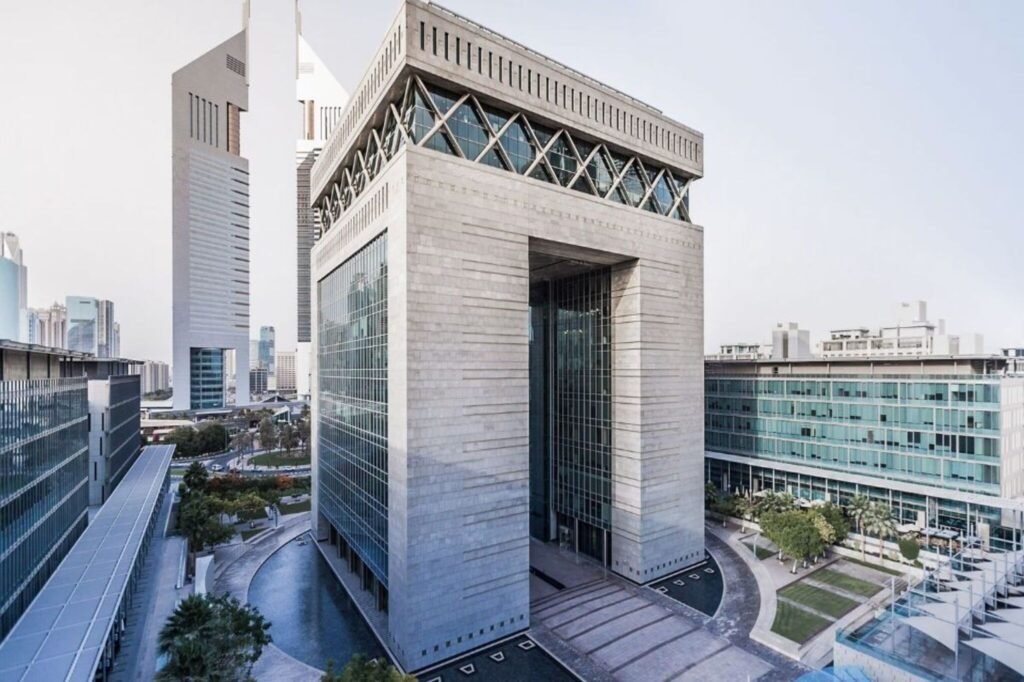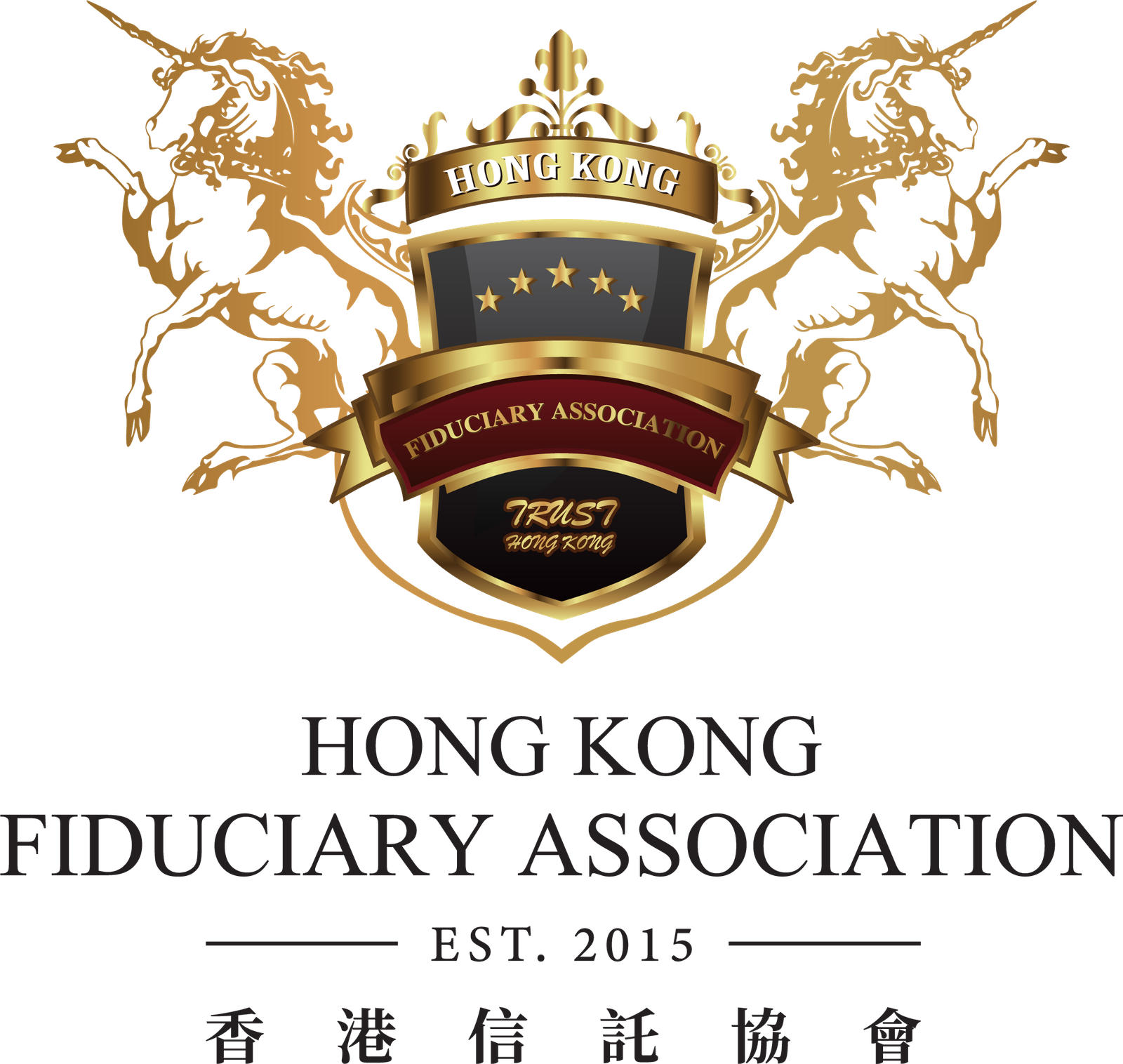Using DIFC and Dubai Foundations in Cross-Border Planning

The Role of Dubai Foundations in Wealth Planning Dubai has become an important centre for families seeking to formalise their wealth planning. Among the available structures, Dubai Foundations and DIFC Foundations provide a recognised framework for asset consolidation, family governance, and succession management. These vehicles allow founders to separate personal ownership from control, placing assets under a charter that defines how they should be managed during and beyond the founder’s lifetime. In practice, foundations in the UAE are often used by families who own businesses, property, or other assets located within the region. They offer legitimacy within the local legal system and are recognised by UAE regulators and banks. This makes them a valuable domestic layer of governance, especially in a jurisdiction where default inheritance laws may complicate transfers of wealth. For families considering Dubai foundation cross-border planning, this domestic legitimacy is the first step in structuring. How Dubai and DIFC Foundations Work A Dubai or DIFC Foundation is a legal entity with its own separate personality, distinct from its founder. Assets are transferred into the foundation, and the foundation council is tasked with managing them according to the foundation charter. This structure removes ownership from individuals while maintaining control through governance rules that can guide decisions for decades. Foundations can serve multiple purposes: family governance, philanthropic initiatives, succession planning, or consolidation of shares and properties. Their flexibility and recognition in the UAE have made them increasingly attractive to entrepreneurs and high-net-worth individuals with a domestic footprint. Similarities with Hong Kong Trusts Although foundations and trusts arise from different legal traditions, they share several similarities. Both separate ownership from control, ensuring that assets are managed according to pre-set instructions rather than left to uncertain inheritance outcomes. Both also enable succession planning across generations, with rules defining how and when assets are distributed. Another important similarity is governance. Just as a trust deed can outline trustee powers and distribution rules, a foundation charter can establish how decisions are made, how disputes are resolved, and how beneficiaries are recognised. Both frameworks extend beyond individual lifetimes and create continuity for families. Key Differences Between Foundations and Trusts Despite these similarities, there are key distinctions. A trust involves a founder (settlor) transferring assets to a trustee, who is legally bound to manage them for the benefit of beneficiaries. In contrast, a foundation is a separate legal entity that owns the assets in its own name, with a council or board managing them under the foundation charter. This structural difference has practical effects. A trust relies on a trustee or small group of trustees, whereas a foundation can be managed by a council of multiple individuals or entities. This affects decision-making, liability, and how external institutions recognise the structure. Limitations of Dubai and DIFC Foundations in Cross-Border Contexts While effective within the UAE, the recognition of foundations is not always consistent abroad. Not all courts, banks, or regulators outside the region accept the authority of a UAE foundation. Assets in foreign jurisdictions may still face probate, or local succession laws may override the foundation’s charter. For globally mobile families, this creates gaps. Domestic legitimacy is strong, but international enforceability may be limited. Families exploring Dubai foundation cross-border planning often look for complementary structures that provide neutral recognition and enforceability abroad. Integrated Planning for International Families Modern families rarely rely on one structure alone. A Dubai or DIFC Foundation can provide stability, governance, and local recognition within the UAE. A Hong Kong trust, by contrast, provides enforceability and neutrality across global jurisdictions. Rather than viewing the two as competing tools, many families combine them. The foundation offers a governance platform for domestic holdings, while the trust secures international assets. This integrated approach reflects the reality of global wealth: domestic control paired with cross-border protection.

 Chinese (Simplified)
Chinese (Simplified)

